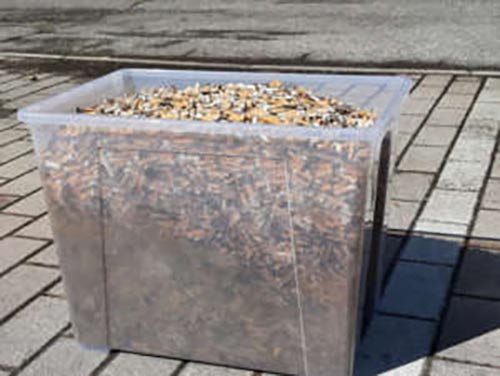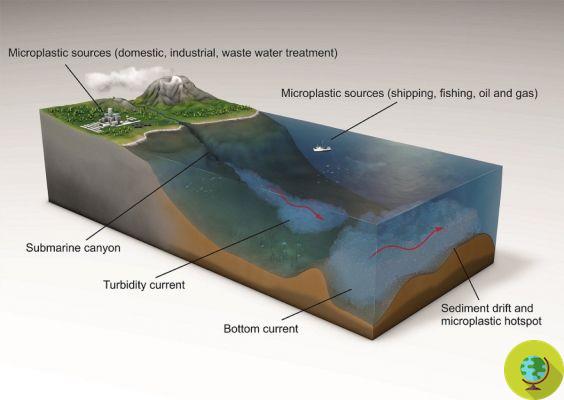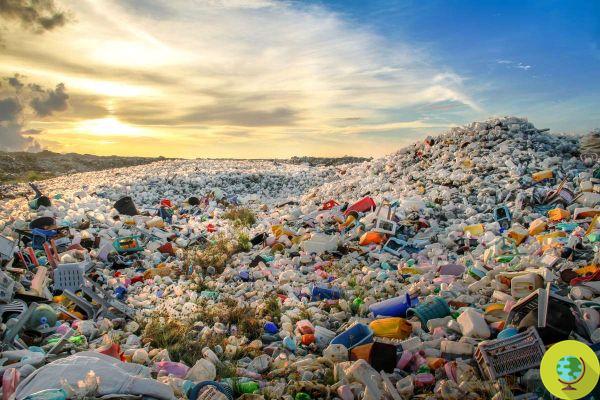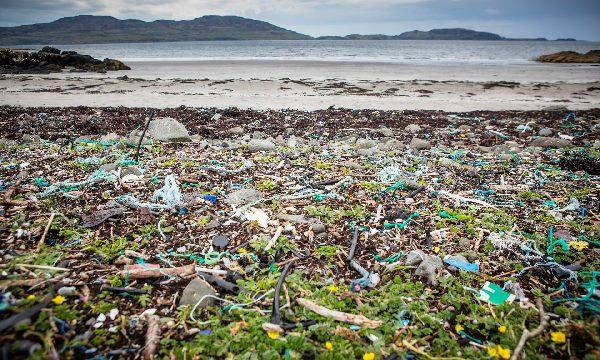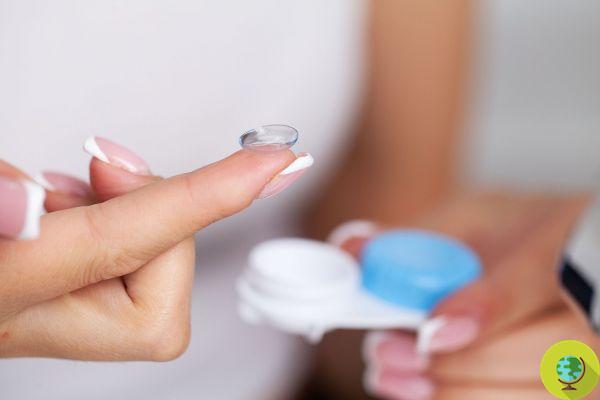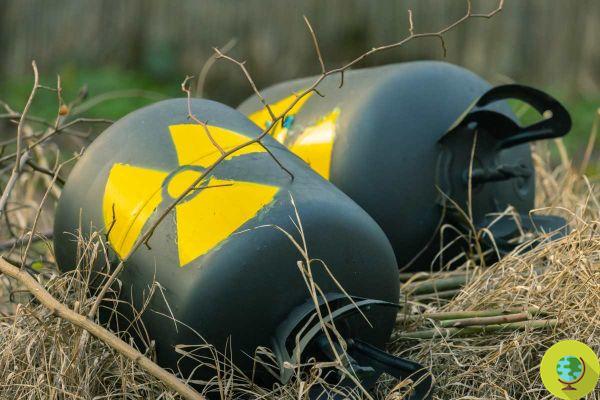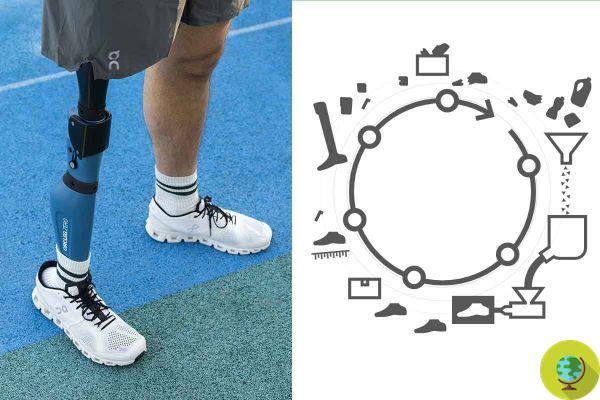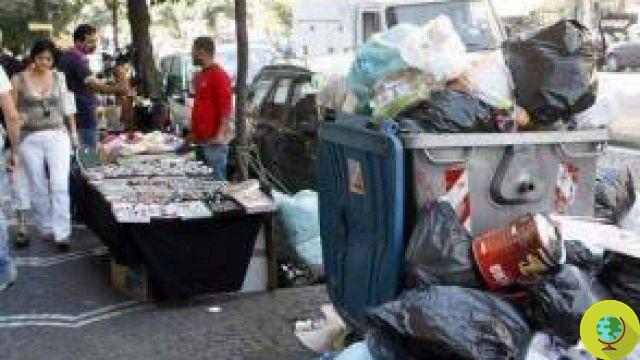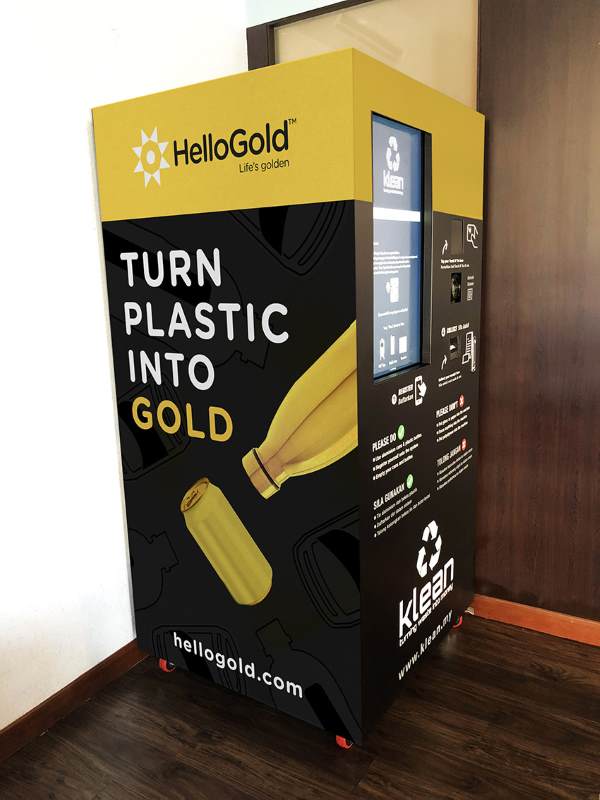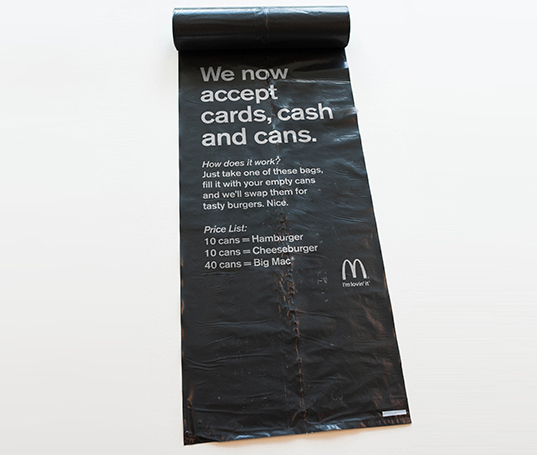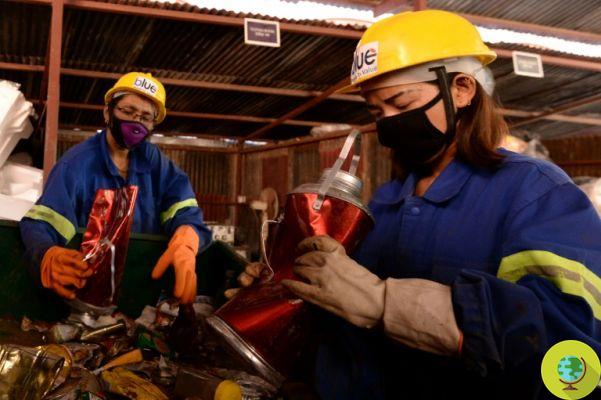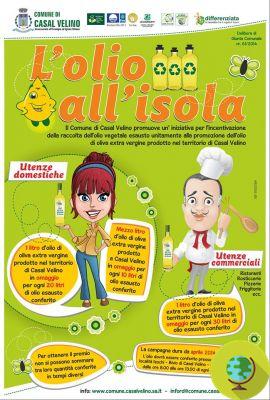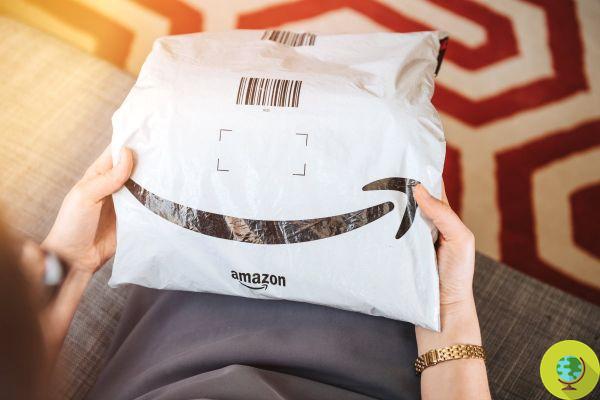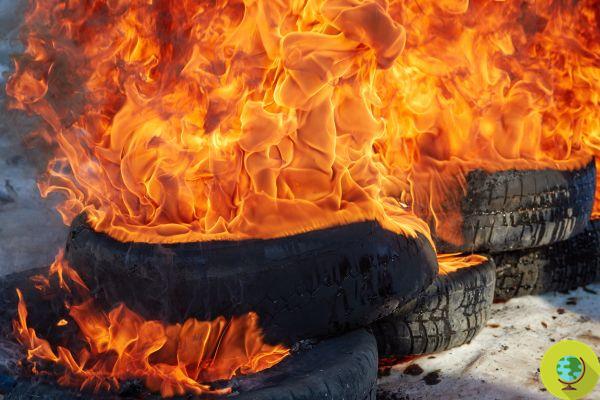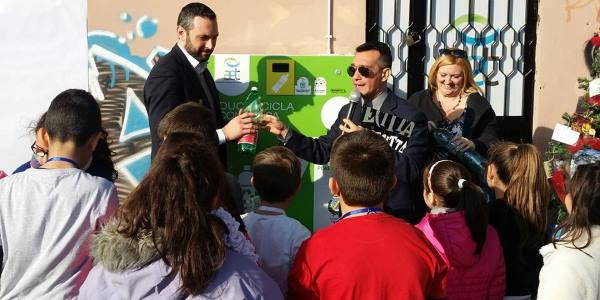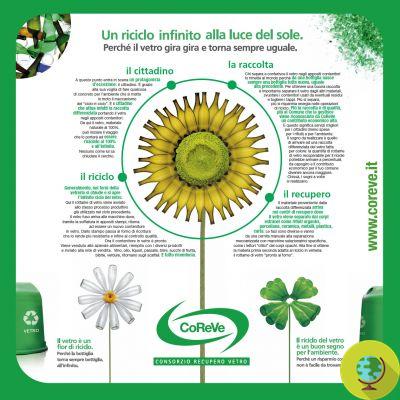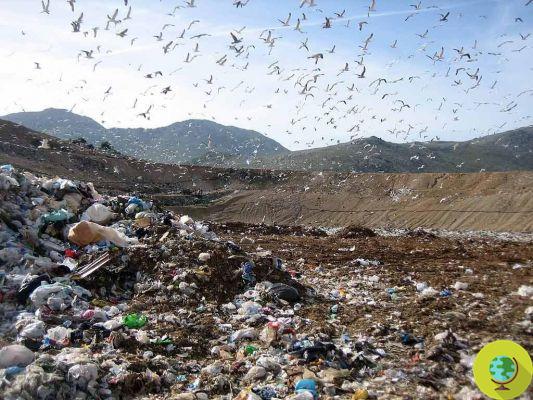Too much plastic on Earth, the oceans are full of them. But an enzyme could "eat" some of the most polluting types, making it a candidate to become the scavenger of our planet. The discovery, actually the result of a "mistake", was conducted by an international research group made up of experts from the University of Portsmouth (UK), the Biotechnology and Biological Sciences Research Council (UK) and the National Renewable Energy Laboratory (USA). Goodbye millions of tons of waste?
Too much plastic on Earth, the oceans are full of them. But an enzyme could "eat" some of the most polluting types, making it a candidate to become the scavenger of our planet. The discovery, actually the result of a "mistake", was conducted by an international research group made up of experts from the University of Portsmouth (UK), the Biotechnology and Biological Sciences Research Council (Kk) and the National Renewable Energy Laboratory (USA). Goodbye millions of tons of waste?
Plastic bottles made of polyethylene terephthalate (PET), which persists for hundreds of years in the environment, could "disappear" thanks to this enzyme, which was accidentally mutated during a study aimed at determining its structure. The "mistake" has led to another enzyme which appears excellent in digesting this "eternal" material.
The research, however, did not arise completely by chance. In fact, John McGeehan, a professor at the University of Portsmouth, and Gregg Beckham, of the National Renewable Energy Laboratory, had determined the crystalline structure of PETase, a recently discovered enzyme that appeared to be able to digest, or destroy and "eat", the PET, and they were using this 3D information to understand this mechanism.
But in the course of the experiments the researchers inadvertently engineered the enzyme, transforming it into another one that is better for the purpose, and are now working to further optimize it so as to allow industrial use as a digester for plastics.
“Strokes of luck often play a significant role in basic scientific research (as in the case of the discovery of antibiotics, which happened by accident, Ed) - explains McGeehan - and our research is no exception - Although the improvement is modest, this unexpected finding suggests that there is room for further improvement of these enzymes, moving us closer to a recycling solution for the mountain of plastic in continuous growth ".
The alarms of experts on dispersed plastic, on the other hand, continue. According to recent estimates, the oceans could even contain more plastic bottles than fish in 2050. A disaster completely created by us and to which we have the duty to find a solution.
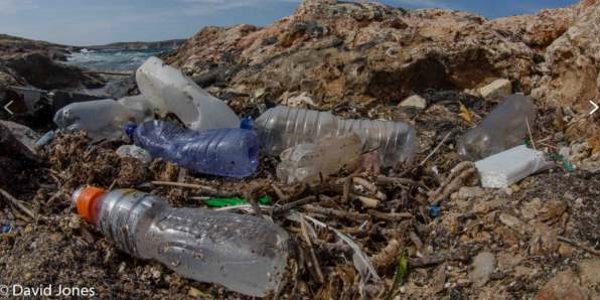
The enzyme obtained in the course of this research may be a hope. "The engineering process is very similar to that of the enzymes currently used in detergents for biological washing and in the production of biofuels - continues McGeehan - The technology exists and there is a very good chance that in the coming years we will obtain a industrial process that transform PET and potentially other materials such as PEF, PLA and PBS into their "original building blocks", so that they can be recycled in a sustainable way".
The research for now is "on a laboratory scale", that is, it is limited to experiments on little material and in a non-real environment. However, an unexpected step forward that leaves us hopeful. On the other hand, we know, not all evils come to harm.
The work was published in Proceedings of the National Academy of Sciences.
Roberta de carolis
Photo: David Jones via UoP News




